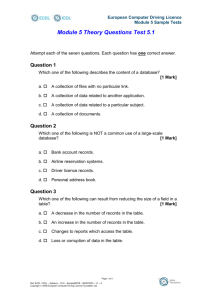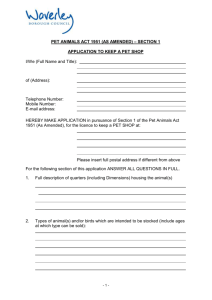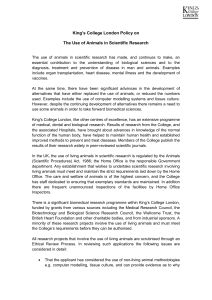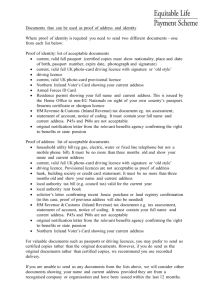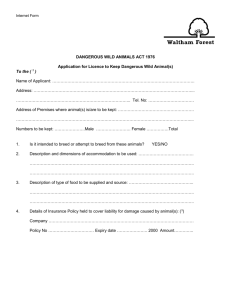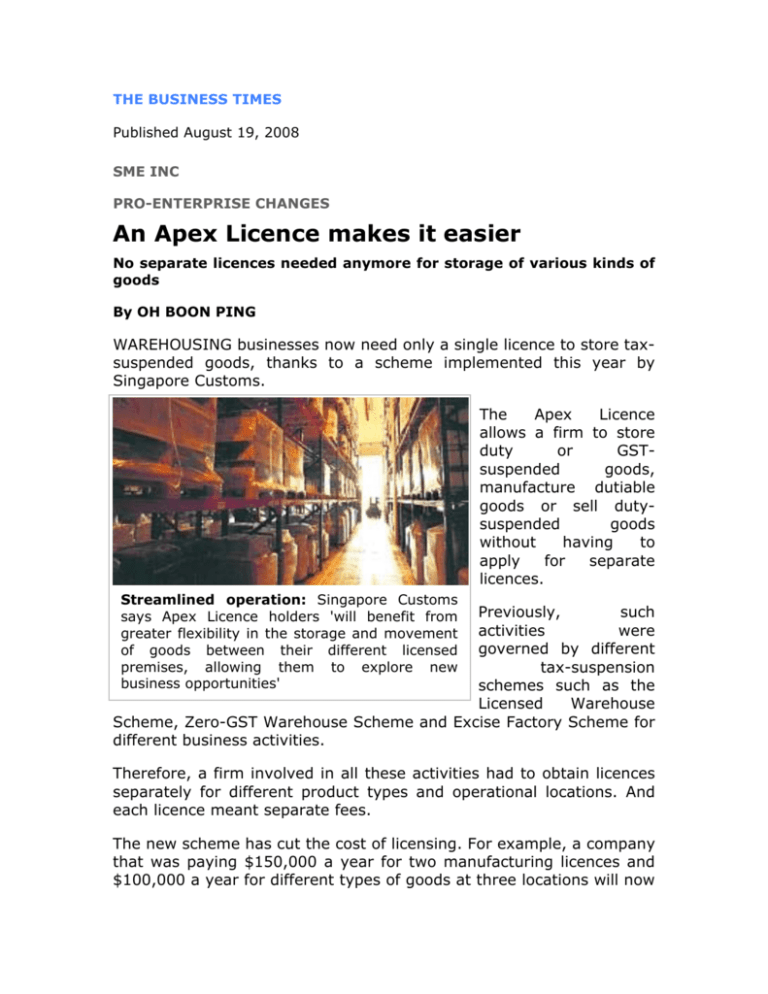
THE BUSINESS TIMES
Published August 19, 2008
SME INC
PRO-ENTERPRISE CHANGES
An Apex Licence makes it easier
No separate licences needed anymore for storage of various kinds of
goods
By OH BOON PING
WAREHOUSING businesses now need only a single licence to store taxsuspended goods, thanks to a scheme implemented this year by
Singapore Customs.
The
Apex
Licence
allows a firm to store
duty
or
GSTsuspended
goods,
manufacture dutiable
goods or sell dutysuspended
goods
without
having
to
apply
for
separate
licences.
Streamlined operation: Singapore Customs
says Apex Licence holders 'will benefit from
greater flexibility in the storage and movement
of goods between their different licensed
premises, allowing them to explore new
business opportunities'
Previously,
such
activities
were
governed by different
tax-suspension
schemes such as the
Licensed
Warehouse
Scheme, Zero-GST Warehouse Scheme and Excise Factory Scheme for
different business activities.
Therefore, a firm involved in all these activities had to obtain licences
separately for different product types and operational locations. And
each licence meant separate fees.
The new scheme has cut the cost of licensing. For example, a company
that was paying $150,000 a year for two manufacturing licences and
$100,000 a year for different types of goods at three locations will now
pay only $75,000 a year if it qualifies for the Apex Licence. Also, the
Apex Licence allows companies to move goods freely between their
different licensed premises. Under a provision in the Customs Act,
companies can apply for the Apex Licence if they currently hold
separate licences for different business activities or for business
operations at multiple locations.
To qualify, applicants should have a good track record and a singleinventory accounting system that is robust and secure. Specifically,
applicants will be assessed in four areas:
business continuity and financial stability;
adherence to procedures and proper segregation of duties;
system transparency and accountability; and
security.
Singapore Customs hopes companies will be encouraged to explore
new business opportunities given the increased flexibility.
Tan Siew Lan, assistant director-general (trade), Singapore Customs,
said: 'Business models for traders have grown increasingly complex
over the years, with many traders now taking on different functions
and providing diverse services. The Apex Licence was introduced with
this in mind. Traders involved in different activities like storage,
manufacturing and retail of various duty and GST-suspended products
can now apply for a single licence to replace the separate licences
required.
'Besides enjoying lower business costs in terms of a reduction in
licence fees and better optimisation of resources, qualifying holders of
the Apex Licence will also benefit from greater flexibility in the storage
and movement of goods between their different licensed premises,
allowing them to explore new business opportunities.'
ExxonMobil's Chua Ngak Hong, a refinery oil documentation
administrator, welcomed the initiative, saying: 'It has streamlined the
licensing process, helped to reduce cost and is raising productivity. It
is another example of an agency being creatively pro-business while
ensuring that its own standards and reporting requirements are met'.
Bay Chin Hao, a commercial manager with Oiltanking Odfjell Terminal
Singapore, said: 'A single Apex Licence lets you enjoy not only a lower
licensing cost but also an enhanced ability to reach out to an expanded
clientele with more complex demands.
'For instance, the Apex Licence can offer simple solutions to companies
which have requirements for both dutiable and non-dutiable products,
thus facilitating various trading and industrial demands. The single
reporting requirement naturally streamlines and eases the associated
administrative aspects.'
Businesses that wish to make a suggestion to the Pro-Enterprise Panel
on how to cut red tape can do so at www.pep.gov.sg.
The Pro-Enterprise Panel was set up in 2000 to solicit feedback from
businesses on how government rules and regulations can be
improved to create a more pro-enterprise environment. The PEP is
chaired by Civil Service Head Peter Ho and consists of mainly privatesector business leaders.
Copyright © 2007 Singapore Press Holdings Ltd. All rights reserved.


